今月, 視聴者はストリーミングできる ニック・ボストロム氏が描く AI の未来, Planet Classroom の新シリーズの最初のエピソード – より良い世界のための AI.
より良い世界のための AI is produced and curated by Planet Classroom.
In the premiere episode of より良い世界のための AI, C言語. M. (キャシー) Rubin engages in a thought-provoking dialogue with Nick Bostrom, renowned philosopher, futurist and author. The conversation navigates the potential of AI to address global challenges like climate change, healthcare and education relevant to a changing world. Bostrom emphasizes the need for continuous learning, adaptable education systems, and ethical considerations in AI development, urging for inclusive policies and a shift towards meaningful activities in a future shaped by technological advancement.
アーティストとして, ニコラス・オラバリオ, the Producer of ニック・ボストロム氏が描く AI の未来, says he wears many hats. He is a graphic designer, an Illustrator, そしてビデオエディター. 世界中の多くのアーティストと同じように, 彼の夢は、創造性への情熱を生涯の職業に変え続けることです.
教育のためのグローバル検索 is pleased to welcome Nicolas Olavario.
ニック, as a filmmaker, what were some of the key lessons you learned while editing the inaugural episode of より良い世界のための AI?
I think making sure to pick the proper visuals that match the story and do it justice while also being entertaining is the biggest lesson any filmmaker should learn. I didn’t want to just throw together a bunch of images and clips and have it play like the type of presentations we’ve all made during our school days. I wanted there to always be something that popped up and grabbed the viewer’s attention.
What challenges did you encounter during the editing process, and how did you overcome them?
I would often come to a stop at certain sections trying to figure out the best way to move forward. This is when I would take a break and watch various documentaries for visual inspiration. Sometimes just seeing the way a graphic is animated or even just a color palette can provide a huge idea for me. Small details like these tend to go unnoticed by many who watch them, especially if they go by fast, but these small details are what some of the best documentaries are made of and they wouldn’t be as entertaining without them.
How did editing this documentary and working closely with the interview footage of Nick Bostrom shape your understanding of the complex subject matter surrounding AI and its implications for humanity? さらに, how did the experience influence your approach to storytelling?
アーティストとして, seeing AI being used to create artwork in a matter of seconds and how its quality has rapidly improved in the span of just a few short years has worried me for the future of my career path. しかしながら, after editing this episode, I’ve come to see that AI is something we should adapt to rather than fear as it can contribute to major issues such as healthcare and education. AI brings hope to those who need it and I wanted that to reflect in the episode.
ありがとう, ニック!
C言語. M. ルービンとニコラス・オラバリオ
Nic’s Short Bio:
I am an artist who wears many hats such as being a graphic designer, Illustrator, and video editor. 世界中の多くのアーティストと同じように, my dream is to continue to turn my passion for creativity into a lifelong profession.
お見逃しなく ニック・ボストロム氏が描く AI の未来, 現在、Planet Classroom Network でストリーミング配信されています。 この映画は Planet Classroom によってキュレーションされています.

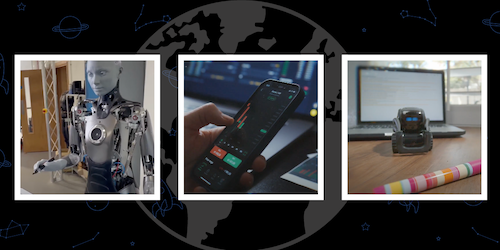
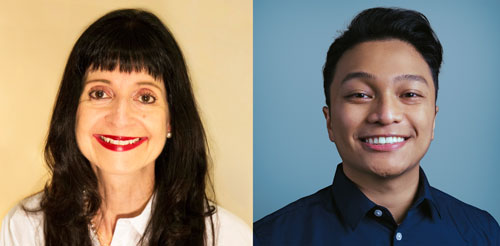

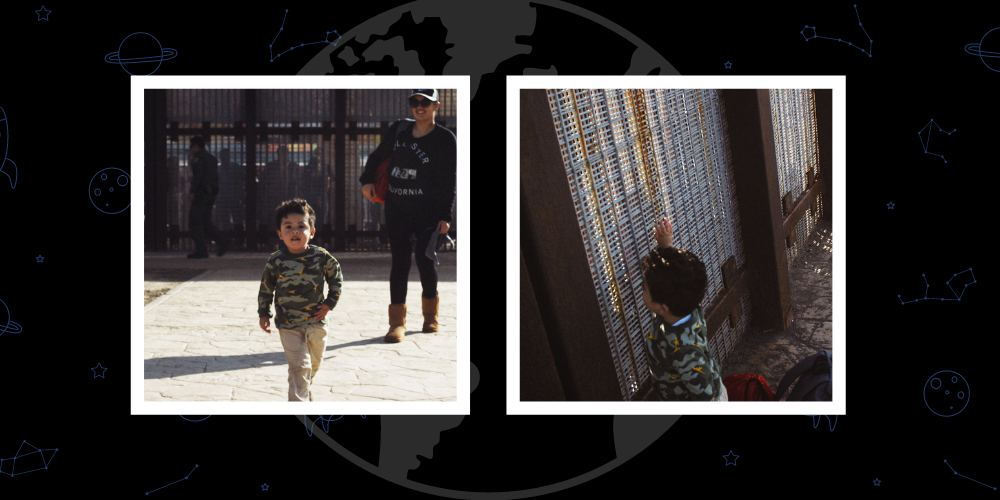
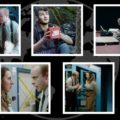
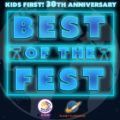
最近のコメント